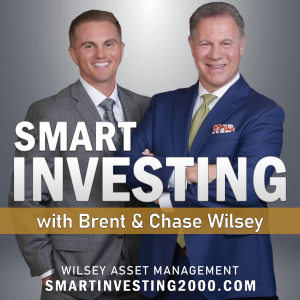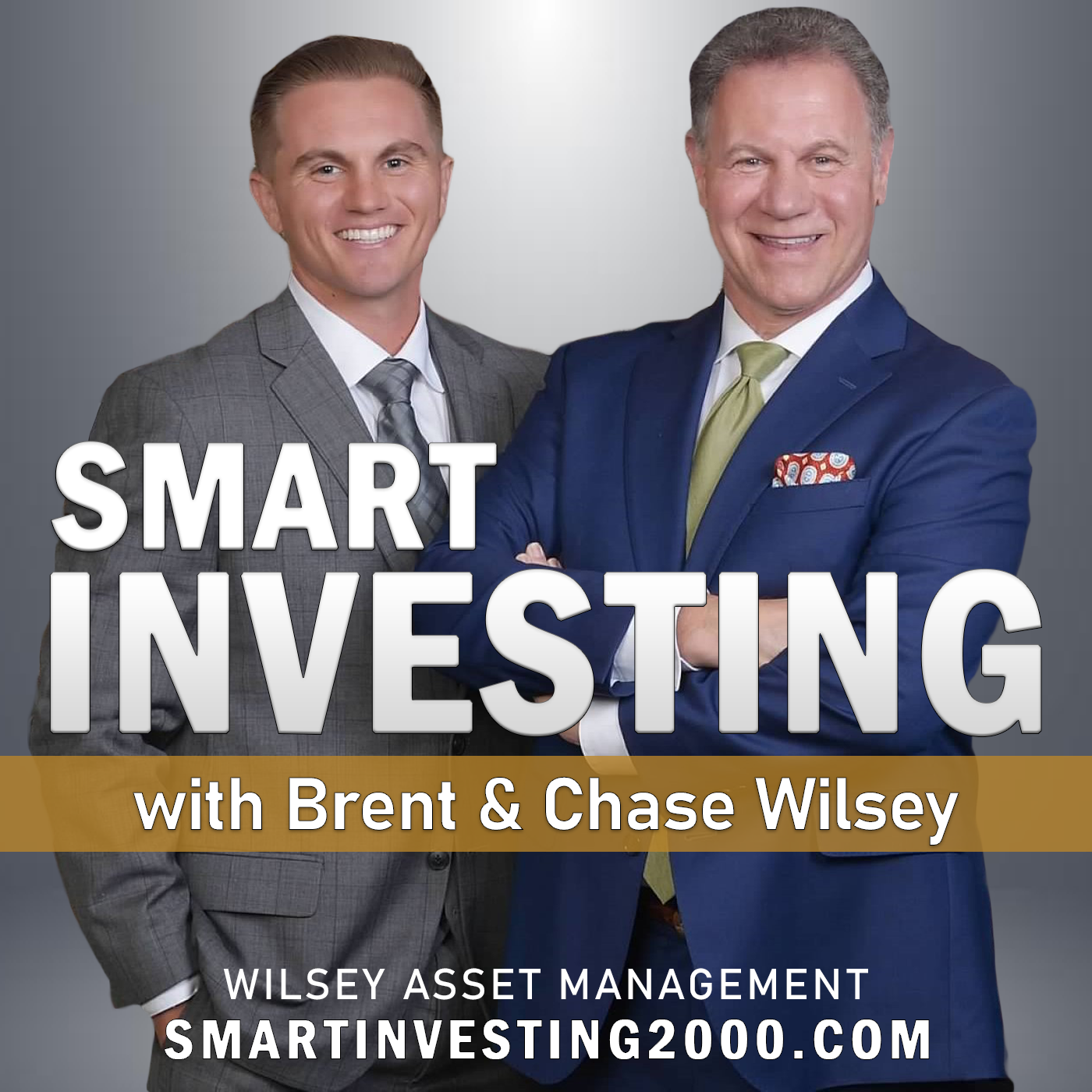Episodes

Friday Jun 13, 2025
Friday Jun 13, 2025
Alternative Assets Appear to Be a House of Cards
I remember using that same terminology back before the tech bust about 25 years ago. I was maybe a little bit early back then, but the house of cards collapsed. The more I read about alternative assets the more I scratch my head and ask how is Wall Street getting away with this? In the end, I believe the small investor will end up paying dearly for investing in these alternative assets. I learned something new over the weekend, a company called Hamilton Lane Private assets can buy private stakes from other holders at a discounted price, but then they can magically increase the value to the net asset value. This also reminds me of the mortgage crisis in 2008 with collateralized mortgage obligations better known as CMO‘s that also had major difficulties. Hamilton Lane Private assets can disregard the discounted price they paid no matter how they paid for it, even if it was in a competitive auction and again mark it up to net asset value. In 2024 there were $162 billion in secondary deals with an average discount of 11%. My question is how can they magically create $18 billion of value on those secondary deals. The incentive fees that private equity firms like Hamilton Lane earn range from 10 to 12 1/2%. If it sounds complicated, it is and if you don’t understand something, you should not be investing in it no matter how simple your broker tries to make it sound. The greed on Wall Street appears to be running rampant, I would highly caution investors to avoid any type of private equity in their portfolio.
Tariffs Are Still Not Impacting Inflation
The May Consumer Price Index, also known as CPI, showed little impact from tariffs. Headline CPI came in at 2.4%, which was right in line with expectations and core CPI, which excludes food and energy, came in at 2.8%, which was actually below the expectation of 2.9%. The headline CPI continues to remain softer than core CPI due to falling energy prices. Compared to last year, energy prices were down 3.5% and gasoline in particular fell 12.0%. The core prices do remain a little bit stuck at the 2.8% level considering it was at that level in both the March and April reports as well, but considering the concern around tariffs I would say this was a really strong report. It will be interesting to see the coming months as economists are pointing to the fact that companies brought in excess inventory before the tariffs were implemented so they are still working through pre tariff inventory and have not needed to raise prices yet. I do wonder if inflation does not substantially increase at what point will economists say that the tariffs maybe aren’t as impactful as they once thought? My belief remains that we will see a small uptick in inflation in the coming months, but there are other forces reducing inflation in some areas so I think it will be more muted than many believe.
Health and Human Services Is Receiving a Major Makeover
Back in the 60s, the world looked to America’s health regulators for guidance because they had a reputation for integrity, scientific impartiality and a strong defense of patient welfare. Today and for probably the last couple of decades, HHS has lost trust among many people. This week, a major shakeup of the advisory committee for immunization practices known as ACIP is retiring all 17 of the current members on the committee. In the past, the committee had many persistent conflicts of interest and approved every vaccine that came through. The committee met behind closed doors and without transparency the public had no faith in their decisions. Some of the members had financial stakes or received substantial funding from the pharmaceutical companies. I’m happy to report with all 17 of the committee members being forced into retirement we should see big changes on the approval of vaccines and hopefully in a few years, the HHS and the committee can regain public trust. This could have an impact on some pharmaceutical stocks if vaccines go through a more rigorous approval process.
Financial Planning: What If There’s a Recession While in Retirement?
With 8 in 10 Americans already changing their spending habits and 58% expecting a recession, it’s clear that economic uncertainty is weighing heavily on people’s minds. But the reality is if you're retiring soon, or already retired, you should assume you'll face multiple recessions, market corrections, and bear markets during your retirement. It’s not a matter of it, but when. Historically, recessions occur about every 6 to 10 years and typically last 10 to 18 months. Market corrections, defined as a drop of 10% or more, happen about once every 1 to 2 years, and bear markets, declines of 20% or more, occur roughly every 5 to 6 years, lasting on average about 10 months, though the recovery to previous highs can take up to 2 years or more depending on the severity. The point isn’t to try and time retirement around these events, it’s to build an income strategy that expects them. A well-structured retirement income plan includes diversified investment portfolio that will provide long-term growth, cash reserves to avoid selling investments at a loss, a sustainable withdraw rate, and flexibility to adjust withdrawals from various sources when needed. By accepting volatility as a normal part of retirement, you can build a plan that weathers it and sleep better when the markets are volatile.
Companies Discussed: Lululemon Athletica Inc. (LULU), Petco Health and Wellness Company, Inc. (WOOF), Brown-Forman Corporation (BF.B) & DocuSign, Inc. (DOCU)


No comments yet. Be the first to say something!